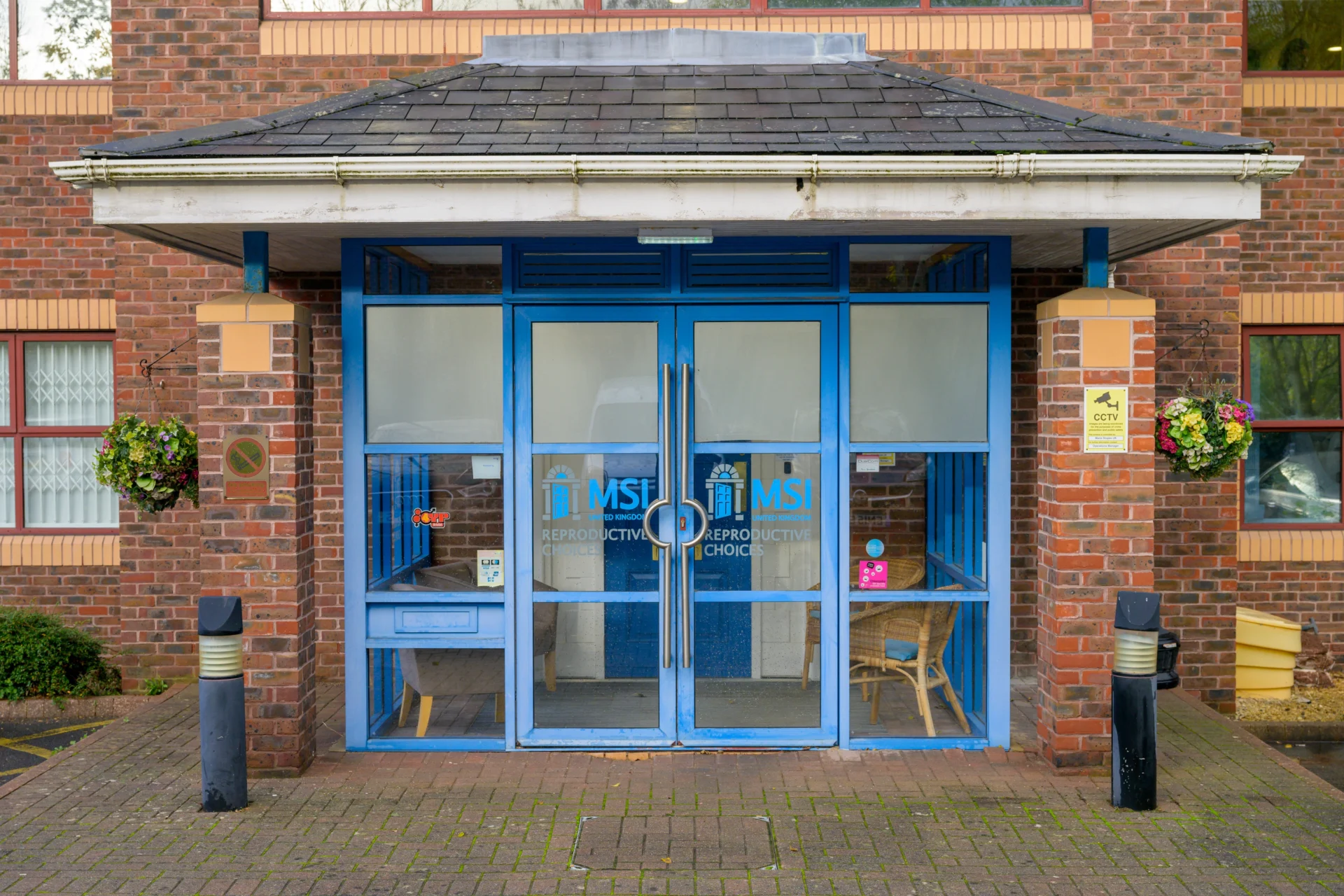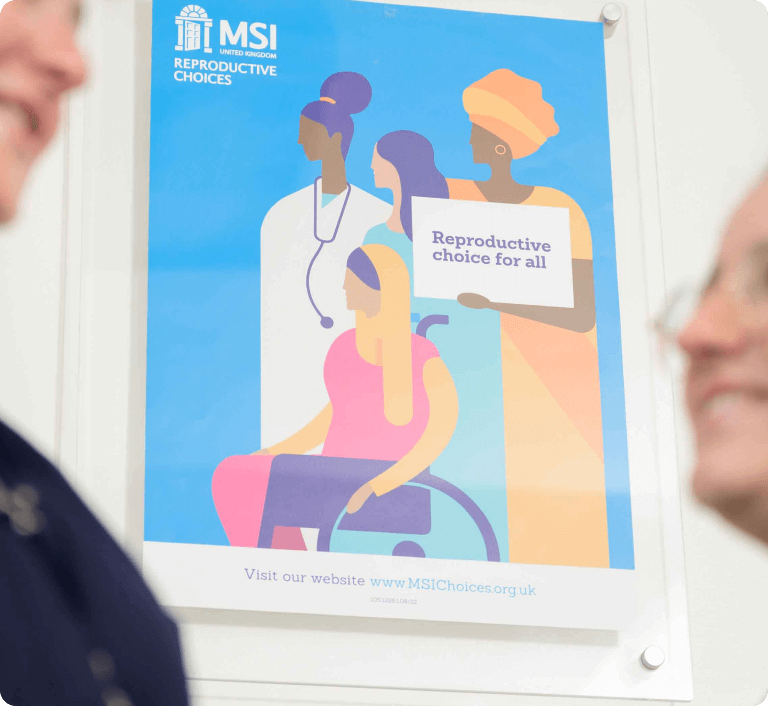Read more on the wider case for abortion law reform here.
Why we support reforming the law: the human case
When we talk about reforming abortion law, most people are shocked to discover that abortion is not fully decriminalised in Britain. The Abortion Act 1967 means that most people who need or choose abortion can usually get one legally from a regulated provider through the NHS. Over 200,000 abortion procedures are carried out each year in England and Wales alone, and the vast majority of these are carried out lawfully, through licensed NHS (or NHS-funded) providers.
But what about the small minority who do end their pregnancies outside the law? How and why does this happen? And why are we as a society threatening women with prison when they are almost always trying to access essential healthcare under painfully difficult circumstances?
Why would anyone have an abortion outside the law?
There are multiple reasons why people find themselves facing investigation under our current abortion laws. For a start, not everybody knows that abortion remains within criminal law at all. The first time they hear that they may have broken a law could be when they are investigated.
The most common stories involve women purchasing abortion pills online from unregulated providers, sometimes in unbelievably difficult circumstances. Before the law was changed to make at-home abortion access legal, there were four to five women a month purchasing pills online from one unregulated supplier alone, putting themselves at risk of criminal prosecution. But even with at-home access now legal, there are reasons why some people don’t feel able to approach a regulated NHS-funded provider.
Gender-based violence and abuse
Pregnancy is one of the most dangerous times for women in abusive relationships. Many abusive partners use pregnancy to control their partners. In some cases, abusers actively prevent their partner attending a clinic in person or contacting us by phone which can cause them to resort to alternative means for ending their pregnancy. Fortunately, thanks to advocacy from the sector, it’s now legal to access abortion remotely and take both pills at home (telemedicine or Early Medical Abortion at home), but this wasn’t the case until recently. Even with Early Medical Abortion at home made legal, it can be difficult, even impossible, for some people to safely access an abortion in person.
We hear from people who have abusive partners and who have been coerced into pregnancy, or in some cases, although it is much less common, people who have been coerced into having an abortion.
In some cases, the abusive partner may want the woman to end her pregnancy but may not want her to access abortion care with a regulated provider like MSI Reproductive Choices UK precisely because our safeguarding teams are so experienced at recognising signs of abuse. They may force women to purchase pills online or stop them from attending a consultation with a provider so many times that they are no longer legally eligible for home access, which is only legal before 10 weeks’ gestation. We have seen women whose partners and/or families repeatedly coerced them out of attending their appointments until they were almost at the legal limit. When people do come to us, we are able to make sure they get care and support they need within the law, whatever that care may be. But the question is: had they been prevented from seeing us, would it be in the public interest to threaten them with prosecution and jail?
Mental health
There can be mental health issues at play, which are in themselves sometimes related to domestic abuse. Some abusive partners actively push alcohol and other substances on others as an intentional means of control. Some clients share with us that they are scared to seek support or leave their abusive relationship in case the authorities remove their children from their care due to perceived substance abuse or mental health issues. All of this can be used by an abuser to pressure their partner into ending their pregnancy outside the parameters of the Abortion Act.
Homelessness
There are homeless women who come to us in need of support. The reality of their lives often makes it deeply impractical to do things like monitor their menstrual cycle or be certain of when the pregnancy was conceived. They may not have consistent access to a phone or other means of arranging medical appointments. They may be survivors of rape, trafficking, or modern slavery. They may have been coerced into using drugs which can alter the menstrual cycle, making it more difficult to identify pregnancy during the earlier stages. They may not understand the complicated nuances of British abortion law.
Compassion not criminalisation
Reforming abortion law will not solve all these problems and should always be considered as one part of a wider strategy for delivering gender equality and tackling gender-based violence. But one thing we often hear is that the fear of prosecution itself ironically frightens people away from reaching out to public services and community support, putting vulnerable individuals at greater risk of prosecution.
If there was no fear of prosecution, people sometimes share that they would feel able to speak more openly about their experiences more freely and sooner. When these people do come to us, we are able to help them access the resources they need, such as women’s refuges, housing support, debt advice, or mental health services. But if they feel unable to come to us or if they are prevented from doing so by an abuser, they can be left feeling that they have very few realistic options available to them.
No matter what you feel about abortion, it cannot be in the public interest for people in these circumstances to be threatened with jail. The heartbreaking stories we hear all indicate a need for compassion, support, and in many cases, urgent help. Instead, our outdated laws threaten these vulnerable women with prison.
This is outdated, inhumane, and harmful to gender equality. The time has come for a change in the law.







